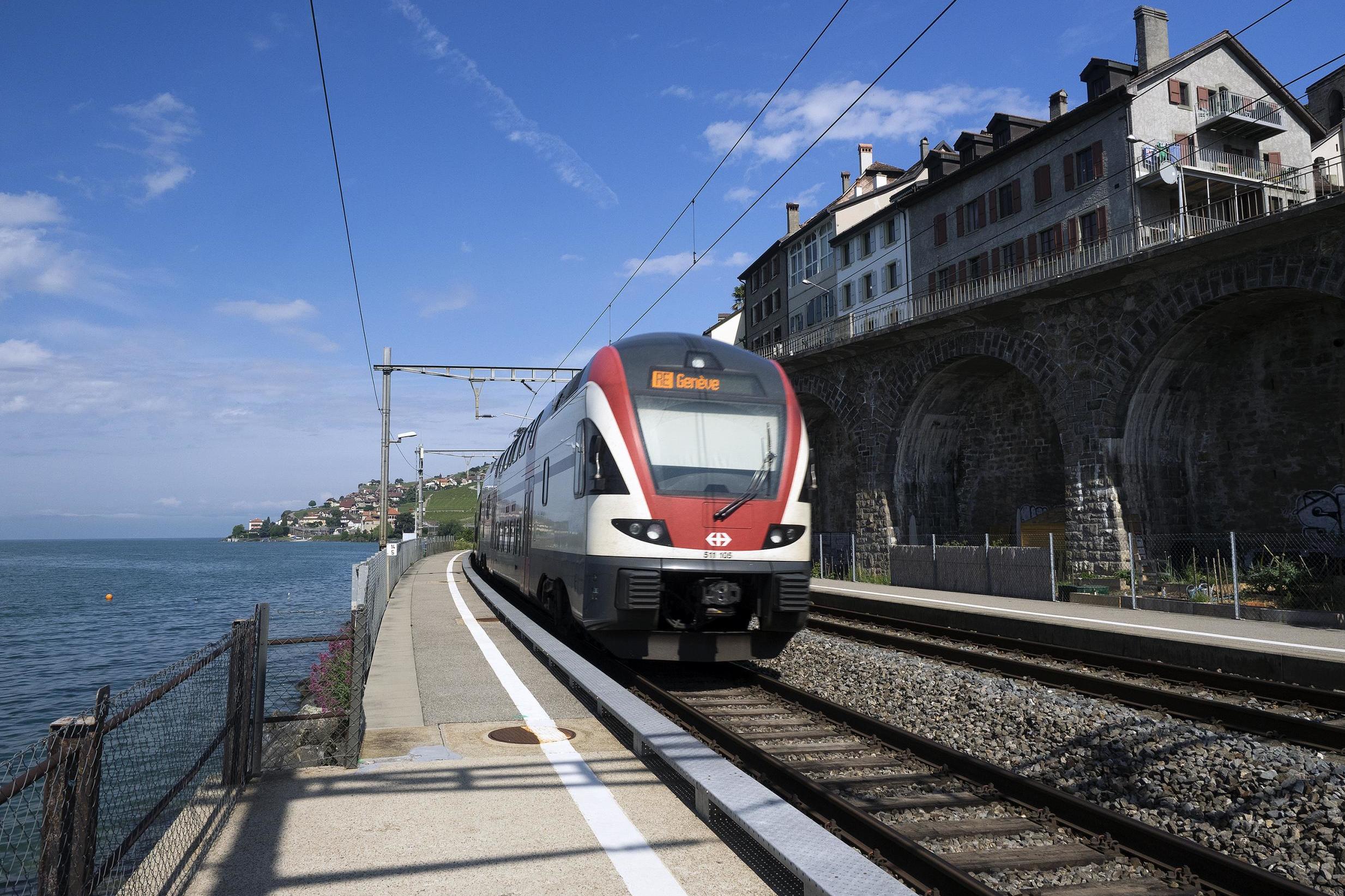Why spontaneous travel on European railways should be celebrated
The Man Who Pays His Way: Distant memories of journeys past become rose-tinted

Europe, however you may feel about it right now, remains a continent of wonders. And the ideal way to explore everywhere from the western shores of Portugal to the wintry borders of Russia? Rail.
Perhaps you secretly dream of impulsively stepping aboard an exotic European express, then speeding across a mosaic of miracles in the company of random and intriguing companions. It certainly beats the average commute.
Yet rail wanderers know that it is never quite that easy. These days, many of Europe’s fastest trains are run by self-contained companies rather than as integral elements of national and international networks.
Travellers simply don’t turn up at London St Pancras and decide, on a whim, to board a train to Amsterdam, Brussels or Paris. The Eurostar network, with special security rules through the Channel Tunnel, is particularly anti-impulsive.
Once you reach the continent, though, you might imagine that spontaneity is easily achieved with the help of that marvellous invention, the Interrail pass. Since 1972, the unlimited-travel ticket has been powering spur-of-the-moment journeys.
The hub of Interrail is in Utrecht – appropriately, the rail crossroads of the Netherlands.
“You can find the perfect Interrail pass to fit your ultimate backpack adventure in Europe,” trills the firm.
And indeed on Dutch Railways, the system works as it always has: you write your journey into the “travel diary” and step aboard the train.
But suppose you want to travel swiftly between the Dutch and Belgian capitals; or from France to Switzerland; or the length of Italy.
The respective express brands Thalys, Lyria and Frecciarossa may resonate with romance, but these premium train operations demand a reservation and additional payment from any Interrail traveller.
Is creeping segregation devaluing the Interrail pass? Not according to Nicky Gardner and Susanne Kries, editors of Europe by Rail (new 16th edition, £16.99). Distant memories of journeys past become rose-tinted, they say.
“There was never a time, not even back in the early days of Interrail, when travellers with a pass could just hop on any train without having to bother with reservations and supplements.”
In the 1970s an extensive international express network was embroidered across the continent. But, they note: “The entire Trans-Europe Express network was simply out-of-bounds to pass holders.“
Celebrate the present, they urge. Slow, no-supplement trains have accelerated. For example, the “classic” service from Barcelona via Zaragoza to Madrid takes nine hours, compared with 13 hours when Interrail began in 1972.
The fastest trains from Paris to Zurich and Munich to Milan were off-limits. French Railways was suspicious of the Interrail concept and applied its own restrictions designed to insulate normal fare-paying passengers from pass-holders. Interrail wasn’t valid on the only daily train between Bordeaux and Grenoble, for example.
Today, say Nicky and Susanne, Interrail remains “a potent force for fostering mutual understanding between Europeans”. But they caution against excessive use of the unlimited travel ticket. In their ideal prescription for the traditional one-month pass, they recommend no more than seven hours’ travel a day, and a full 14 no-train days.
They tell the story of a young Irish traveller who had never ventured beyond the republic until he bought an Interrail pass and boarded a ferry to France.
A month later he was back, having visited 31 countries at a rate of one per day. But rather than being hooked on the romance of rail, he said it was the worst month of his entire life.
“He has not once set foot on a train since.”
Join our commenting forum
Join thought-provoking conversations, follow other Independent readers and see their replies
Comments